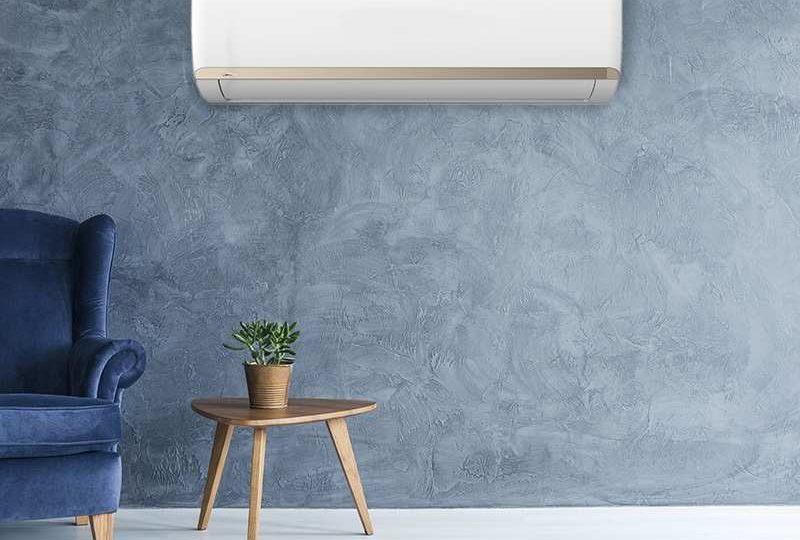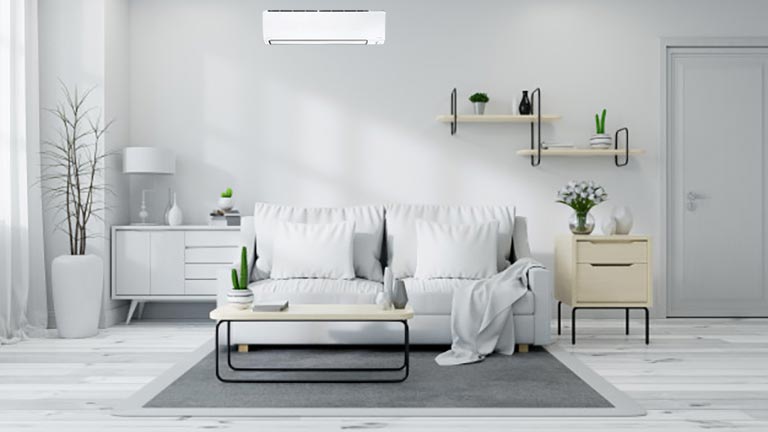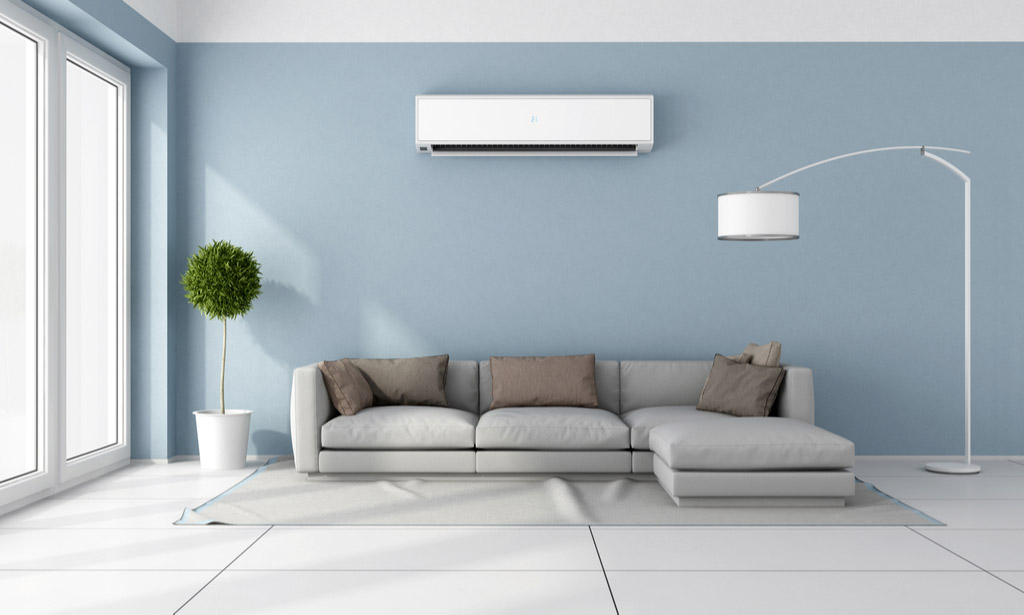
Does Buying a New Air Conditioner Make More Sense Than a Repair?
A common question that many homeowners ask air conditioning experts is whether or not they should spend the money to purchase a new AC instead of repairing their current one. The following article will explore the question and go over some possible outcomes.
Factors to Consider Whether to Buy a New AC over Repairing
It would help if you considered several factors when determining whether it would make more sense to repair or purchase a new AC. While the purchase and maintenance costs may be similar, the decision comes down to one’s personal preference and lifestyle. If you have decided to go for repairing, the you should consider ac repair Phoenix. Here are some of the most important considerations.
The cost of purchasing vs. repairing your system
The cost of purchasing a new air conditioner is generally much higher than repair prices, even if reputable companies do repairs. You will find that the initial price of a new AC is often much higher than repair prices, and repair prices increase as the system ages. Some systems have depreciation due to ageing parts and need replacement anyway. The problem with this is that nearly all homeowners would prefer to purchase a new unit over repairing their old one.

The style of your home
A central AC sits in one location inside your home, looking out into the interior where it cools your entire house with its cooling coils. A split system AC is placed in the attic and moves cool air around your home. With a central AC, you must be willing to run wires throughout your home’s attic, putting up with all of the noises that go along with this process. With a split-system unit, no wires are running through your attic.
The size of your home
Newer homes have larger rooms more often than older homes do. This means that new units will cool larger homes more efficiently and less expensively than older units in smaller rooms. Older units can’t cool large spaces.
The age of your home
Older homes often have smaller rooms and older air conditioning systems that don’t have the cooling power that newer ones. Newer homes have larger rooms, more efficient cooling equipment, better insulation, and other things that allow them to be cooled much more efficiently than older homes. If you have an older home with a large family, you might want to consider purchasing a new AC over repairing your old one.
The age of your unit
Most systems are designed to last between 15 and 20 years without significant repair costs or significant depreciation. However, older systems are often built with parts that don’t last nearly as long and may cost more to replace. Units built before 1987 are more likely to need replacement sooner than units built after that year, so you may want to upgrade if you think your team is showing signs of wear.

Personal preference
Homeowners might decide on a new AC over repairing an older one because they prefer the unique technology. A newer unit will use a more efficient compressor and other parts to reduce your energy bill at the end of the day. Older models use cheaper technology, which doesn’t cool as quickly or effectively as newer ones. There’s no reason to upgrade if you’re comfortable with old technology.
When are Repairs necessary over Buying a New AC?
Sometimes repairs are required, but most air conditioners are designed to last for 20 years or more without spending more money on repairs. The following sections will discuss the difference between necessary and unnecessary repairs and how much you should expect to pay for each type.
Repairs that prevent breakdowns
If you check your unit’s annual maintenance schedule, you should frequently replace the air filter. This component traps dirt, dust, pollen, and other contaminants that make their way into your unit. If the filter gets clogged with dust and debris, it will restrict airflow through your system. Even if you don’t notice a problem with an expanded filter, you should check for it. Replacing the filter pays for itself in about five years at the cost of about $35. The cost of returning the filter is just part of what you pay for the service agreement that covers it.
Repairs that reduce your energy bill
Here are some other repairs that can be done to your unit to reduce your energy bill:
- Replace any loose wiring.
- Replace or repair air filters.
- Replace or repair UV light bulbs and fixtures.
- Check freon levels regularly.
Some homeowners will replace their air filters every three to five years, while others change them every year or two. While it’s not necessary to change filters so often, changing them regularly can reduce repair costs down the road.
Repair to eliminate short-term problems
There are several short-term repairs that you can make to your AC to avoid a more expensive problem down the road. Replacing the UV-light bulbs in your unit is relatively cheap and will prevent corrosion from forming in your unit’s coils. This allows them to last much longer and reduces energy loss caused by cooling new coils. Replacing the thermostat will often make your AC much more efficient because it will run at a more consistent temperature and cycle on less frequently. This will save you money in the long term. A complete tune-up will ensure that your system works at peak efficiency before summer begins.
Final Thoughts
As you can see, repairing your air conditioning system is usually much less expensive than buying a new one. However, it’s hard to determine which repairs are worth doing to save money and when it might be cheaper to shell out the extra cash for a new unit. The most important thing to consider is how much use your existing team is getting now. If it’s only used in certain seasons or months of the year, it may be cheaper to repair than buy a new one.









